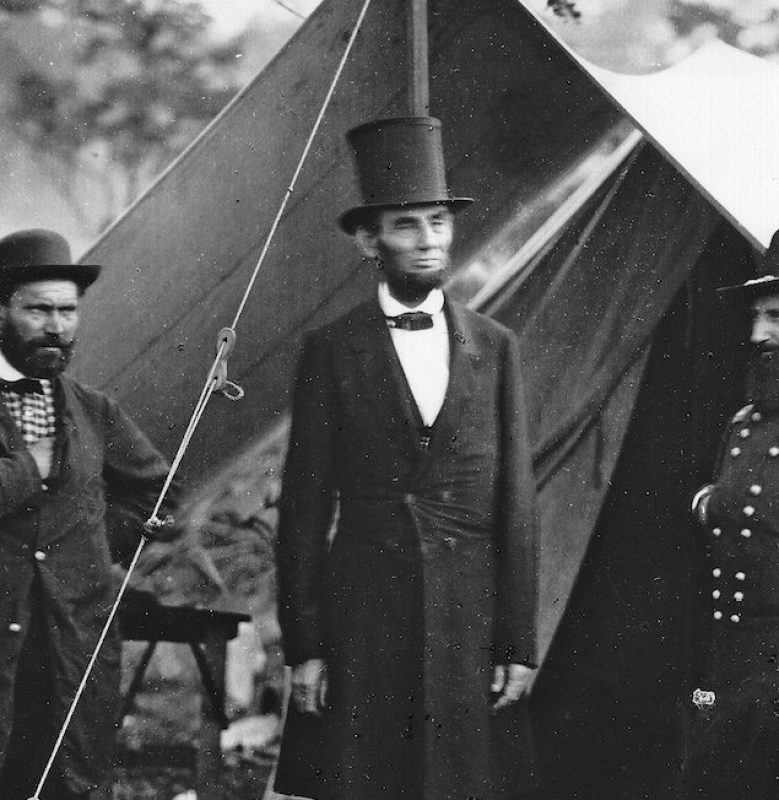
As Donald Trump completes his first 100 days in office, he can take heart in this: He’s had it easier than Lincoln.
It can be argued that no other President of the United States had a more trying first 100 days than Abraham Lincoln. For one, there had ceased to be a United States of America. Lincoln was elected on November 6, 1860. He wasn’t inaugurated until March 4, 1861. During this time, he literally had to sit back and watch as the nation fell to pieces. (The massive gap between the election and the inauguration was finally reduced during Franklin Roosevelt’s administration when the date shifted to January 20.)
On December 20, 1860, South Carolina became the first state to vote for secession. By February 4, 1861, delegates from South Carolina, Mississippi, Florida, Alabama, Georgia, and Louisiana had met to establish the Confederate States of America. (They would eventually be joined by Texas, Virginia, Arkansas, Tennessee, and North Carolina.) They elected Jefferson Davis the Confederacy’s first president on February 9.
And Lincoln was still three weeks away from taking office.
Lincoln has the strange distinction of being bookended by arguably the two worst leaders in American history. His successor, Andrew Johnson, was a belligerent man who devoted himself to undermining the rights of freed slaves and wound up getting impeached by the members of his own party. (He avoided conviction in the Senate by a single vote.) Lincoln’s predecessor, James Buchanan, was Johnson’s exact opposite. He stated that the states had no right to secede and then did… nothing to prevent it.
During a crucial moment in the nation’s history, Buchanan essentially ran out the clock for the nearly four months he served between Lincoln’s election and actually taking the office. Buchanan reportedly quipped to his successor, “If you are as happy in entering the White House as I shall feel on returning to Wheatland [his estate], you are a happy man.”
Finally in office, Lincoln strove to take a diplomatic tone, informing the Confederacy: “You can have no conflict without being yourselves the aggressors.” But it was too late. On April 12, 1861, Confederates opened fire on Charleston, South Carolina’s Fort Sumter, which surrendered. (Still trying not to provoke a conflict, Lincoln had sent food but not reinforcements.)
Suddenly, the nation was at war. Lincoln immediately got another disappointment when he offered the Union Command to Robert E. Lee on April 18, 1861. Lee, of course, rejected the offer and went to fight for his home Virginia and the Confederacy. Lincoln was forced to turn to Irvin McDowell, George McClellan, Ambrose Burnside, Joseph Hooker, and George Meade—before finally finding Ulysses S. Grant.
Lincoln reached the 100 day mark in June. On July 21, the Civil War had its first major land battle at the First Battle of Bull Run. The Union forces were routed, as Lincoln began to realize a grueling first few months would lead to a crushing four years to come.
—Sean Cunningham for RealClearLife
This article appeared in an InsideHook newsletter. Sign up for free to get more on travel, wellness, style, drinking, and culture.
























